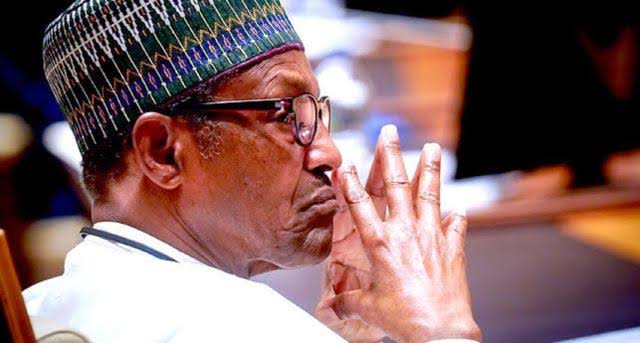Headlines
Nigeria’s monthly debt servicing spending hits $112.35m

The Federal Government spent $112.35m servicing external debt in January 2023, according to the Central Bank of Nigeria (CBN).
Data from the CBN’s Weekly International Payments showed that the amount spent in January was 146.17 per cent higher than the $45.64m spent in December 2022.
This occurred as the Federal Government struggled to boost its revenue base despite its revenue generation efforts.
It would be recalled that the Federation Account Allocation Committee shared N750.17billion among the three tiers of government in January 2023.
The figure represents a decrease of N240.02billion compared to the N990.19billion shared in December 2022.
In 2022, Nigeria spent $2.4billion to service its external debt, which was a slight increase from the $2.11billion spent in 2021.
Meanwhile, the Federal Government deducted over N78billion from allocations made to the states for external debt servicing.
This was according to data from the Federation Account Allocation Committee Disbursement reports published by the National Bureau of Statistics (NBS).
The deductions were made in 2022 from the allocations given to state governments from the Federation Account.
The federation account is currently being managed under a legal framework that allows funds to be shared under three major components: statutory allocation, Value Added Tax distribution and derivation principle.
Checks revealed that the most hit state by the deductions was Lagos, with about N23.61billion deducted in 2022 for external debt servicing.
It was followed by Kaduna, with N10.25billion deducted, and Cross River with N7.56billion deducted.
The International Monetary Fund (IMF) recently said the Federal Government projected to spend 82 per cent of its revenue on interest payments in 2023.
According to the IMF, external debt (including that of the private sector) will rise to $121.6billion, with external reserves climbing to $37.5billion.
It disclosed this in a table of projections in its ‘IMF Executive Board Concludes 2022 Article IV Consultation with Nigeria Summary
The projections showed an improvement in the share of the government’s revenue used as interest payment, with interest payment falling from 96.3 per cent in 2022 to 82 per cent in 2023.
It added that interest payment was 86.1 per cent and 87.8 per cent of the Federal Government’s revenue in 2020 and 2021.


